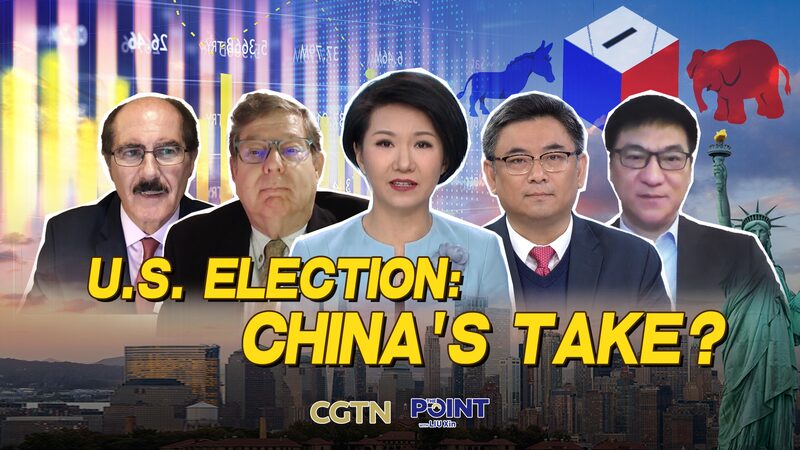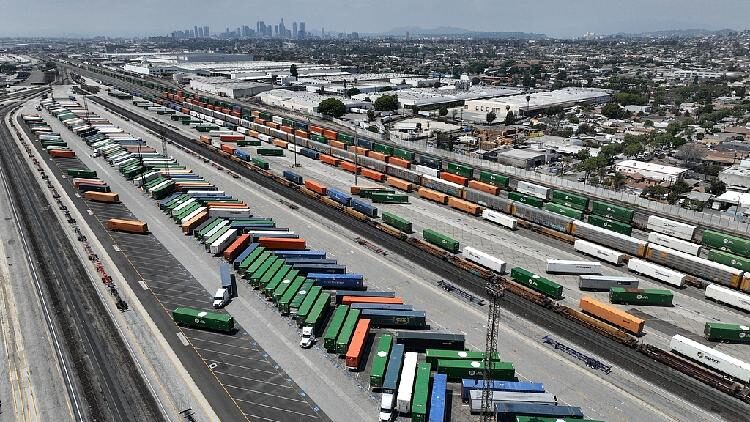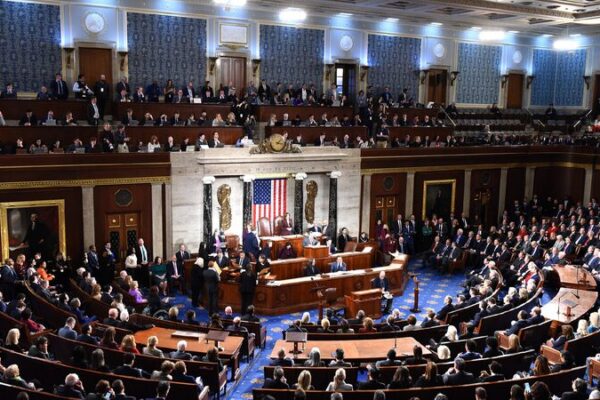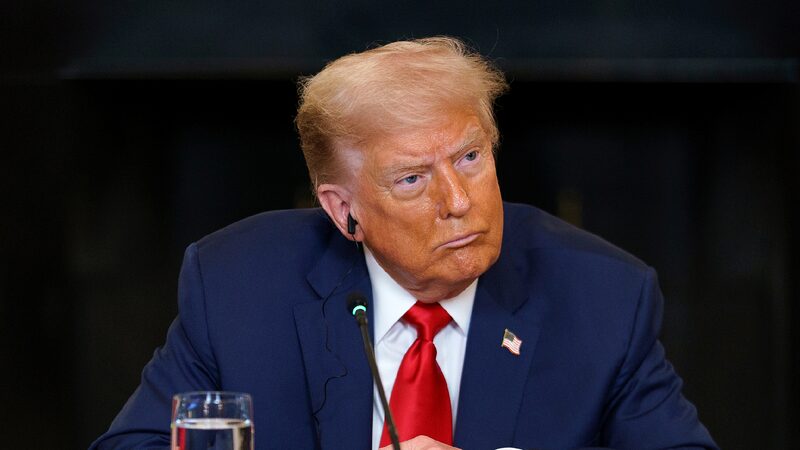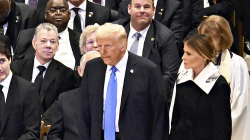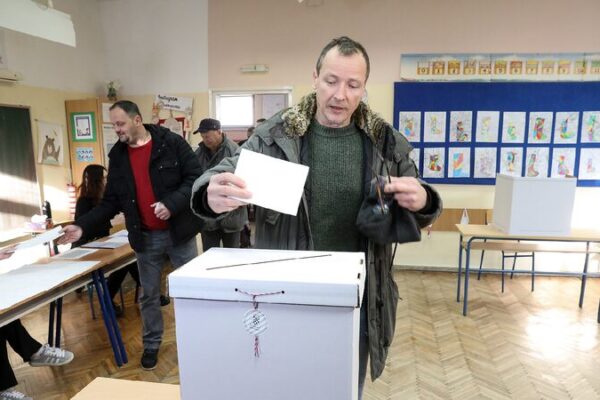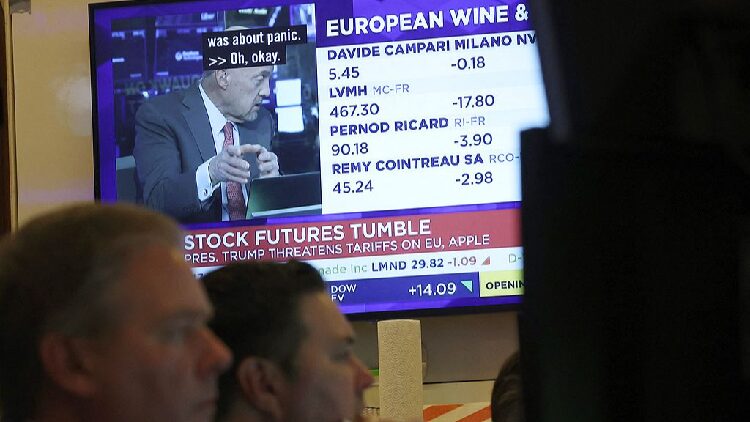As the United States gears up for its next presidential election, the world watches closely—especially China.
Trade relations between the U.S. and China have significant global implications, affecting markets, economies, and everyday lives worldwide.
Former President Donald Trump has indicated a return to aggressive tariffs on Chinese goods. His approach in the past led to a trade war that impacted both economies.
On the other hand, Vice President Kamala Harris is expected to maintain the current administration’s strategy of targeted restrictions, often referred to as the “small yard and high fence” approach. This policy focuses on specific sectors deemed critical to national security, imposing restrictions accordingly.
But what are the key differences between these two strategies? Which one could have a more significant impact on China, and what does it mean for global trade?
Experts suggest that aggressive tariffs could lead to increased tensions and a potential escalation of trade conflicts. This might disrupt global supply chains and affect economies worldwide, including those in the Global South.
Alternatively, targeted restrictions might limit specific industries but allow for more stability in overall trade relations.
For young people in the Global South, these policies could influence job markets, technology access, and economic opportunities.
As the election approaches, it’s essential to understand how these differing approaches might shape the future of global trade and international relations.
Reference(s):
cgtn.com
